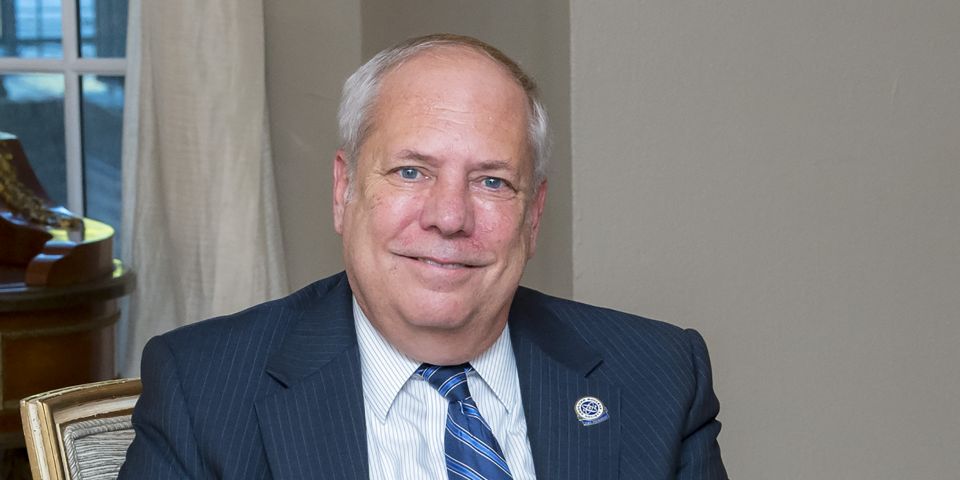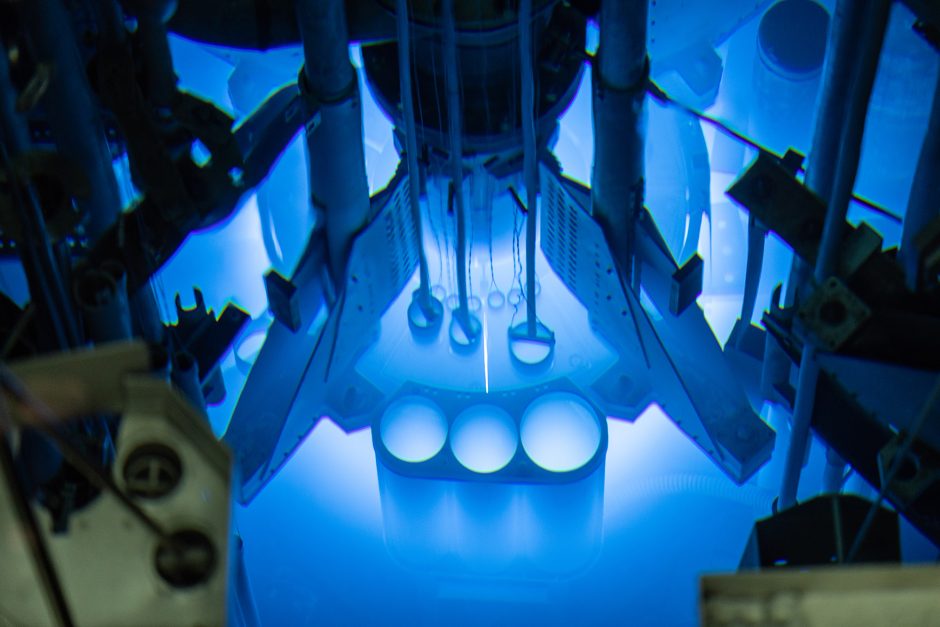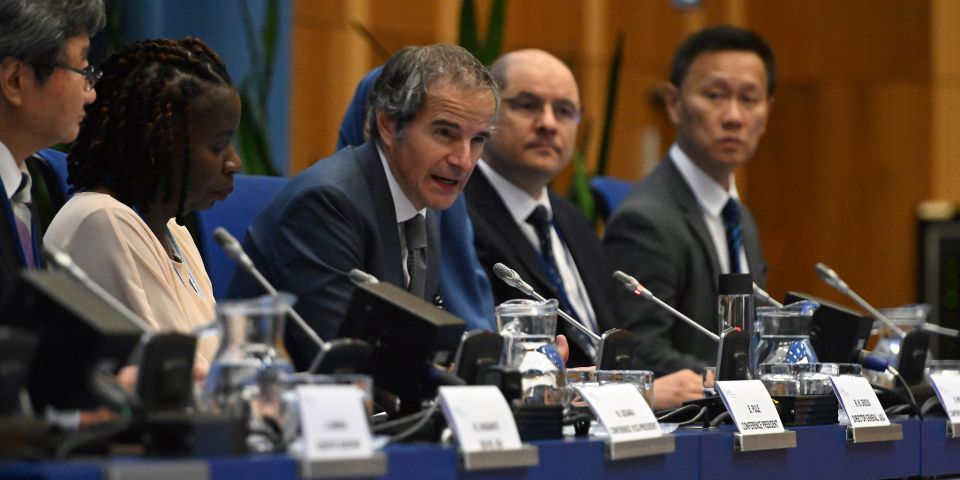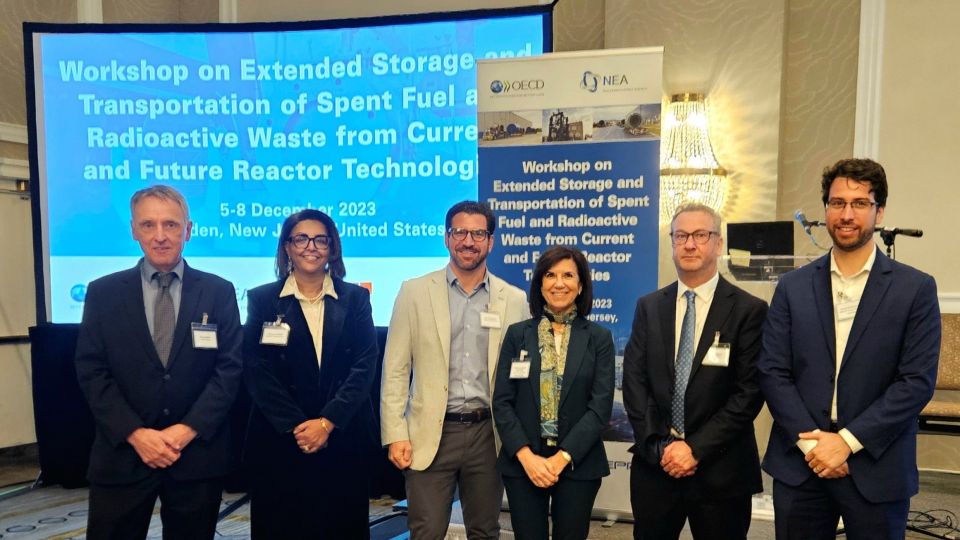Nuclear Energy Agency provides update on recent activities

The OECD Nuclear Energy Agency in late November reported on a range of “New at the NEA” activities.
Steering Committee for Nuclear Energy: The 148th session of the NEA Steering Committee for Nuclear Energy, which serves as the agency’s ruling body, convened in Paris in late October to discuss the 2025–2026 budget, ongoing and future activities, global relations and cooperation with nonmember countries, and other issues. Among the recent activities covered was the Roadmaps to New Nuclear Conference, which was cohosted with Sweden’s Ministry of Climate and Enterprise in September. That conference convened 26 countries and the European Union to examine “concrete ways to achieve their net zero carbon emissions targets by rolling out new nuclear projects more quickly.”
The steering committee session also featured a policy briefing dedicated to nuclear innovation and emerging, disruptive technologies. Committee members and experts from governments, industry, academia, and nongovernmental organizations discussed the challenges and opportunities associated with new technologies and their successful implementation. Delegates stressed the importance of international cooperation to accelerate the adoption of new technologies.
International Workshop on Medical Radioisotopes Supply: At the Second International Workshop on Medical Radioisotopes Supply, also held in late October in Paris and co-organized with the U.S. Department of Energy and the European Commission’s Joint Research Centre, more than 130 experts charted “the development of secure supply chains for conventional and innovative nuclear radioisotopes in the medical field.” Participants included representatives from government, the private sector, and health and research organizations. The workshop focused on “innovative radioisotopes like lutetium-177 and actinium-225, strengthening the medical radioisotope supply chain’s resiliency through monitoring supply and demand, and the critical infrastructure needs across medical systems.”
The workshop pointed out that the NEA intends to conduct an in-depth study on radioligand therapy (RLT) in countries of the Organisation for Economic Co-operation and Development. That study will assess the state of RLT research, therapeutic outcomes, patient benefits, and market growth potential over the next decade. The main goal of the study is to provide policy recommendations to support healthcare systems’ integration of RLT.
Working Party on Nuclear Emergency Matters: At the London gathering of the Working Party on Nuclear Emergency Matters in mid-October, about 50 emergency preparedness experts attended in person, with an additional 30 joining online. Participants discussed revisions to the NEA Protective Measures Handbook and attended three topical sessions that focused on International Nuclear Emergency Exercise-6 (INEX-6) country feedback, emergency preparedness and response for small modular reactors (SMRs), and radiological protection during armed conflicts.
INEX-6, in which 26 countries participated in early 2024, consisted of exercises on the long-term recovery phase after a nuclear or radiological accident. Representatives from these countries provided feedback, the NEA secretariat shared preliminary findings from the exercise, and integration with the Expert Group on a Post-Accident Food Safety Framework was discussed. The group of experts agreed on a road map to complete the exercise evaluation and work toward the publication of a report.
In the session on SMRs, a draft mandate for an expert group was presented and discussed. This group, which is expected to start its mandate in early 2025, will “analyze how to apply a graded approach to emergency preparedness to address strategic approaches to protective actions tailored to the unique contexts of SMR deployments.”
Safety Case Symposium: The Integration Group for the Safety Case (IGSC) Safety Case Symposium 2024, which was held in Budapest, Hungary, in early October, consisted of some 200 experts discussing the role of safety cases in managing radioactive waste. Hosted by Public Limited Company for Radioactive Waste Management, the symposium focused on the licensing and implementation of deep geological repositories (DGRs) for high-level radioactive waste disposition.
NEA director general William D. Magwood IV delivered the opening remarks, in which he highlighted the importance of safe waste disposal for the future of nuclear energy. He observed, “Radioactive waste is not a problem yet to be solved. It is a responsibility. And it is one that we know well how to address.”
Discussions covered all stages of geological disposal programs, with representatives from Finland, Sweden, and France sharing their experiences with DGRs. Many of the discussions “revolved around addressing uncertainties, integrating monitoring technologies into repository designs, and leveraging advancements in digital tools to improve safety assessments.”
Gender balance: The NEA, in partnership with Nuclear Regulators for Gender Equity, “has launched a new initiative to collect data and develop tailored guidance for participating regulatory bodies from around the world to improve their gender balance. Participating nuclear regulatory bodies will receive data summaries for their organisation and recommendations. An overview of the gender balance data trends for nuclear regulators in aggregate will be published in late 2025.”
The initiative is being based on survey instruments that were developed for the 2023 report Gender Balance in the Nuclear Sector. Participating organizations “will be asked to provide gender-disaggregated human resources data to the NEA and to send a survey link to employees of all genders. The employee survey will be conducted by the NEA. . . . Participating organizations will receive a summary of organisational-level results. . . . The NEA report will capture aggregate trends across the sample of participating regulatory bodies in a manner similar to the 2023 report.”






